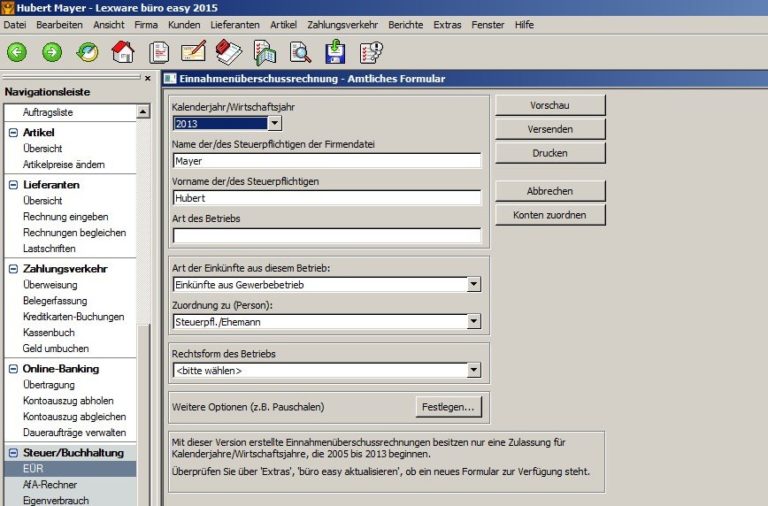
In the past six decades, the European Union (EU) influences various national public policies of member and candidate countries and it is considered that the Europeanization of public policies comprises of processes beyond the change triggered by the implementation of EU decisions at the domestic level, but encompasses "processes of (a) construction (b) diffusion and (c) institutionalization of formal and informal rules, procedures, policy paradigms, styles, 'ways of doing things' and shared beliefs and norms which are first defined and consolidated in the making of EU public policy and politics and then incorporated in the logic of domestic discourse, identities, political structures and public policies" (Saurugger and Radaelli 2008: 213). To contribute to major issues at the core of political science is a valuable result for a relatively new field of inquiry. These three issues are prominent in the research agendas of international relations, theoretical policy analysis, and comparative politics. The conclusion is that Europeanisation has contributed to the emergence of new insights, original explanations, and interesting questions on three important issues: the understanding and analysis of 'impact', how to endogeneise international governance in models of domestic politics, and the relationship between agency and change. A problem in search of explanation not the explanation itself (Gualini 2003).

Quite the opposite, it can deliver if approached as a set of puzzles. Europeanisation does not provide any simple fix to theoretical or empirical problems. Rather, it is a way of orchestrating existing concepts and to contribute to cumulative research in political science. It is neither a new theory, nor an ad-hoc approach. One theme throughout the article is that, in order to develop a progressive agenda, Europeanisation should be seen as a problem, not as a solution.

Is there something new in recent research on Europeanisation? Or should we go back to what we already know about political integration in Europe and avoid the term? This article reviews recent work in four steps: the identification of the specific domain of Europeanisation the relationship between Europeanisation, on the one hand, and governance, institutions, and discourse, on the other the methodological problems and the models emerging in this new field of research and an assessment of the results arising out of theoretical and empirical research.


 0 kommentar(er)
0 kommentar(er)
